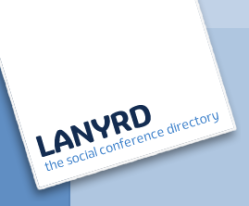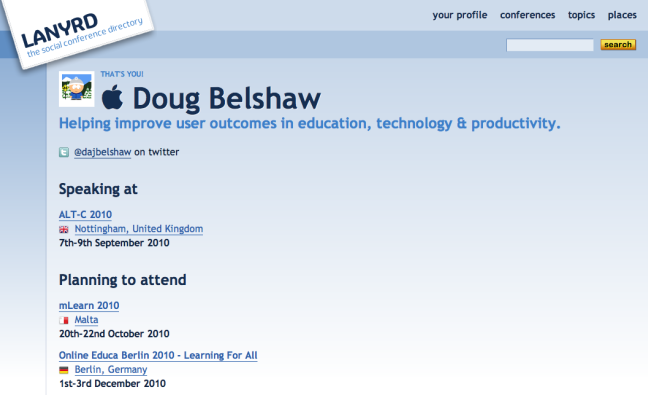10 reasons I like reading ebooks more than paper books.
There’s 5 big reasons and 5 smaller reasons I enjoy reading books on my Amazon Kindle* than standard paper books. Blog posts like this are usually prefaced by claims by the author to have a huge paper book collection/voracious appetite for reading/capability to use big words. Assume all of the above. :-p
5 big reasons
1. I can carry hundreds – if not thousands of books around with me. Which means reference library everywhere I go, and the ability to have several books (e.g. novel/business/academic) on the go at once.
2. Finding out the meaning of an obscure word takes about two seconds.
3. I’ve got instant access to pretty much any book I want.
4. Highlighting is portable, either via the Amazon website (if one of their titles) or a text file (if one you put on the device).
5. Weight. Many of the books I read for work, pleasure and study would be fairly weighty tomes. It’s easier on my arms – and my luggage!
5 small reasons
1. It’s virtually impossible to ‘lose your place’ in an ebook.
2. No-one can see the cover of the book you’re reading (and therefore make implicit judgements)
3. You can change the font size – or even the font type in some cases. Some paper books are set in tiny, horrible fonts.
4. I love 19th-century fiction (especially Dostoevsky, Tolstoy and Gogol) which means many books I want to read are completely free.
5. Speed. It’s only anecdotal, but I’m positive I can read faster on my Kindle.
Bonus 11th reason
Audiobooks. I love being able to decide to listen to a book instead of reading it when my eyes are tired from work.
* I’ve got the previous generation, but with a cool, limited-edition Moleskine cover. Awesome.


